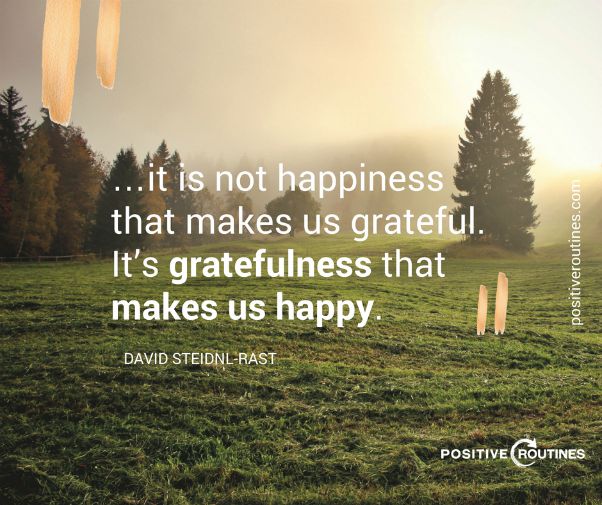If you like reading about philosophy, here’s a free, weekly newsletter with articles just like this one: Send it to me!
This post is part of a year-long experiment of living six theories of happiness within the space of one year. We started with Aristotle in January and February, moved to Erich Fromm in March and April, followed this up with Epicurus in May and June, and now we are examining gratefulness as a way of living our everyday lives more happily. For the rest of the year, we still want to talk about hermit lifestyles and in November and December we will talk about the Stoic life.
Brother David Steindl-Rast
David Steindl-Rast was born in Vienna in 1926, and, after studying at the Vienna Academy of Fine Arts, got a PhD in experimental psychology. His family moved to the United States in 1952, and he became a monk in 1953. In 1966, he was tasked to study Zen and to explore avenues for Buddhist-Christian dialogue. In 1968, he became one of the founders of the Center for Spiritual Studies together with Buddhist, Hindu, Jewish and Sufi spiritual teachers.
Steindl-Rast became well-known across the Internet with his 2013 TED talk “Want to be happy? Be grateful,” in which he explained, in 14 minutes, his basic philosophy of life.
Steindl-Rast is so much associated today with the topic of gratefulness that he even got to write a chapter in the Oxford University Press volume “The Psychology of Gratitude.” Surely the editors felt that no book on gratitude could be complete without Brother David’s contribution.
Everyone wants to he happy
David Steindl-Rast begins his famous TED talk by stating that everyone wants to be happy. This is not a very surprising or original statement. Jeremy Bentham (1748-1832), the founder of utilitarianism, had already had the same insight, and the history of the same basic idea goes back to ancient Greek philosophy. Aristotle (384-322 BC), in his Nicomachean Ethics, showed that we pursue all other goods like fame, education, power and money for the sake of happiness — but we never pursue happiness for the sake of power or money; thus, Aristotle concludes, we can see that happiness is the highest good. And Epicurus, too, emphasises in his “Letter to Menoeceus”: “We call pleasure the alpha and omega of a happy life. Pleasure is our first and kindred good. It is the starting-point of every choice and of every aversion.”
But what exactly is the relationship between happiness and gratefulness? David Steindl-Rast believes that we got it wrong when we say that we are grateful because our lives are happy. He mentions cases where people who have everything may be deeply unhappy, while sometimes those who suffer misfortunes in life can be happy people. From this, Steindl-Rast concludes (somewhat illogically, one must say) that it …
Read the full article which is published on Daily Philosophy (external link)





